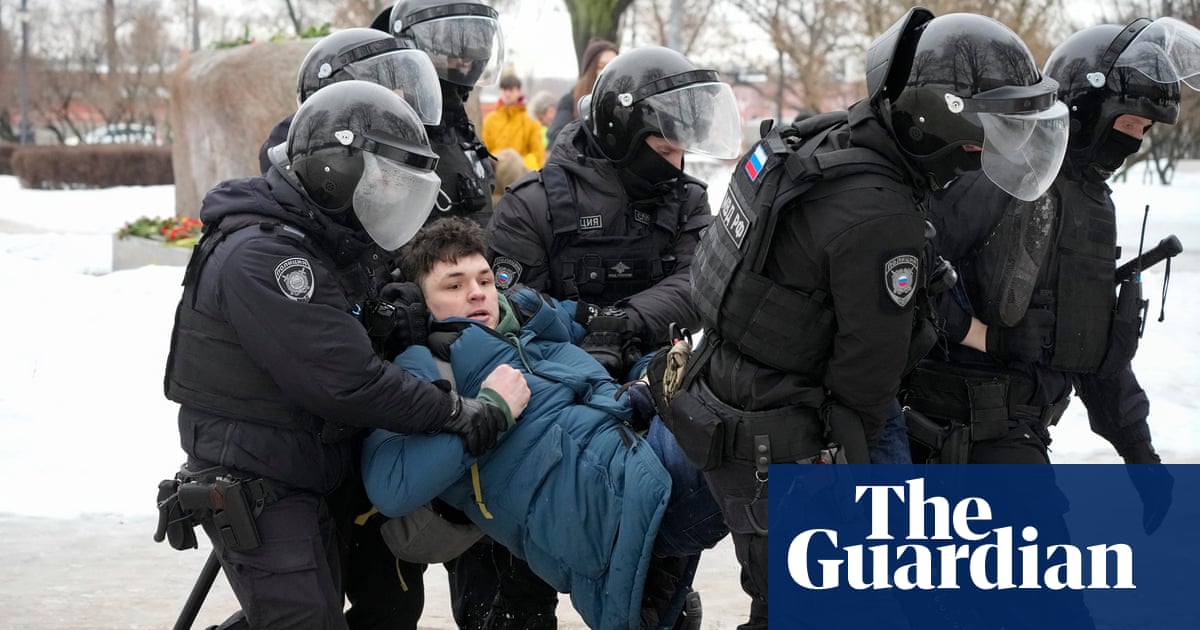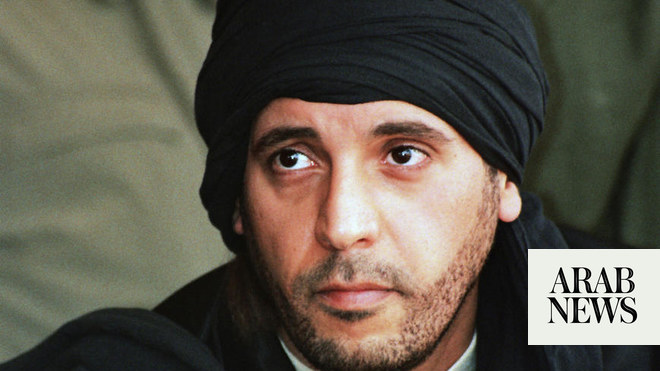
Russia’s prison service says it has orders to detain Alexei Navalny, a statement made days before the opposition politician is due to return to Russia after recuperating abroad from a suspected FSB poisoning.
Navalny could face prison time when he gets off the plane in Moscow on Sunday. Officials said they would take him into custody for failing to appear for parole reviews after he was attacked with a novichok-style poison in August.
The assassination attempt left the opposition leader fighting for his life in a Siberian hospital before he was transferred to Germany for treatment.
While there, he took part in a Bellingcat investigation that traced an FSB hit team which shadowed him around Russia and elicited a confession by telephone from one of the men who took part in the operation.
The revelations were deeply embarrassing for the Kremlin. The Russian president, Vladimir Putin, called the report a “falsification” and accused Navalny of being backed by western intelligence agencies.
Since then Russian government agencies have put pressure on Navalny to stay in exile, opening a new criminal case for fraud against him and threatening to review a probation from a 2014 conviction that he has called politically motivated.
Nonetheless, Navalny said this week that he planned to fly back to Russia. “The question of returning or not was never before me,” he wrote in an online post. He also invited his supporters to meet him at the airport, likely sparking a protest if he were to be taken into custody.
On Thursday the government for the first time said it would seek the opposition leader’s arrest, virtually ensuring a showdown when Navalny arrives at Moscow’s Vnukovo airport on a Pobeda flight from Berlin, scheduled to land at 7:20pm local time.
Prison officials were “required to take all measures to detain the [parole] violator Navalny until a court decision on replacing his suspended sentence with a real one”, press outlets were told.
The remarks were the first confirmation that Navalny had been declared a fugitive “with an order to take measures to detain him once his location had been established”. The statement makes it more likely that Navalny will be arrested on arrival.
Russian officials said that the politician should be detained because he had missed parole hearings stemming back to a 2014 conviction for embezzlement and money laundering.
Navalny’s probationary period for his suspended sentence officially ended on 30 December, but officials argued that he had violated his parole terms by failing to appear after his release from Berlin’s Charité hospital.
“The fact of undergoing rehabilitation procedures is not a reason for not showing up for registration,” the agency said of Navalny’s continued stay in Germany after being released from the Charité hospital in September.
Navalny has become one of the most important opposition figures in the country, both leading protests against Putin and backing investigations into corruption among some of the Kremlin leader’s closest allies.
Russia has also declined to open a criminal investigation into Navalny’s poisoning, saying there was no proof that any attack had taken place.
In a letter published on Thursday, Russia’s investigative committee also declined to open a criminal case into Navalny’s poisoning. Responding to a request from the opposition leader, Russian officials wrote: “Concrete evidence about circumstances indicating the signs of criminal activity by members of Russia’s FSB is not contained in the statements.”












